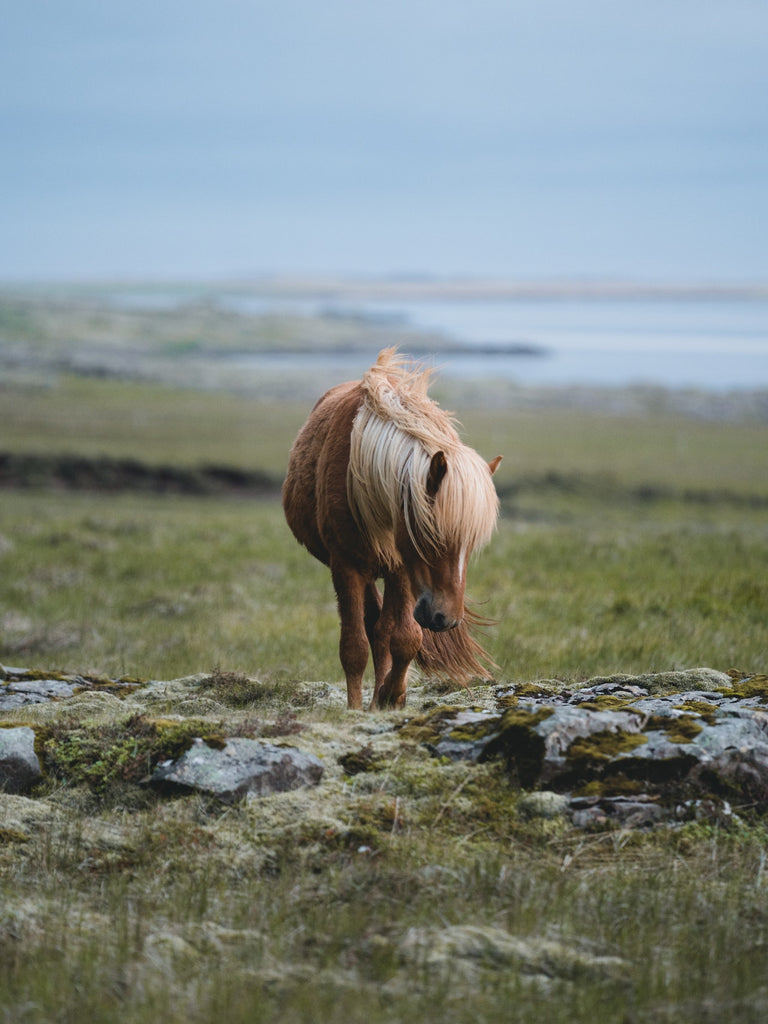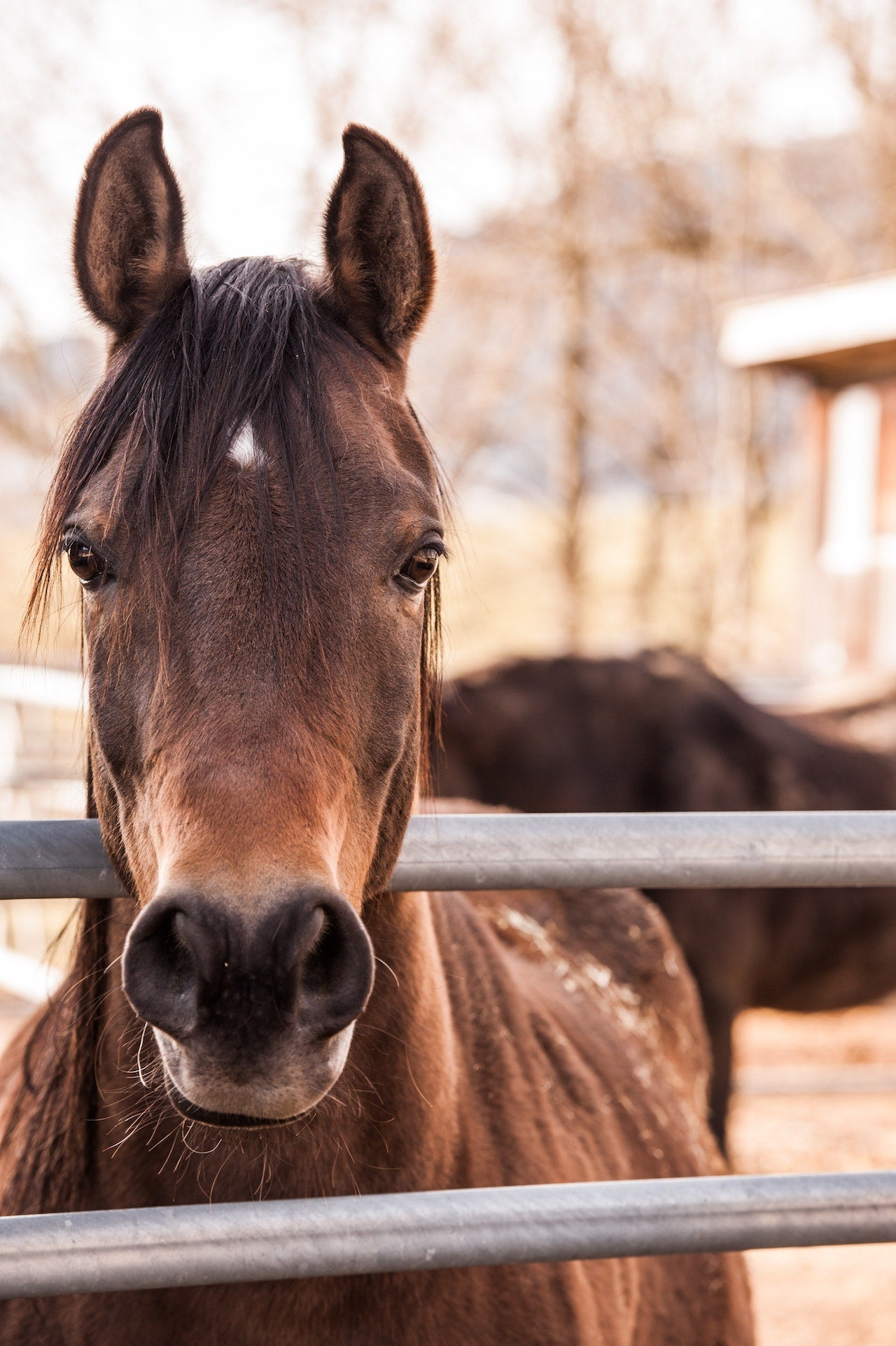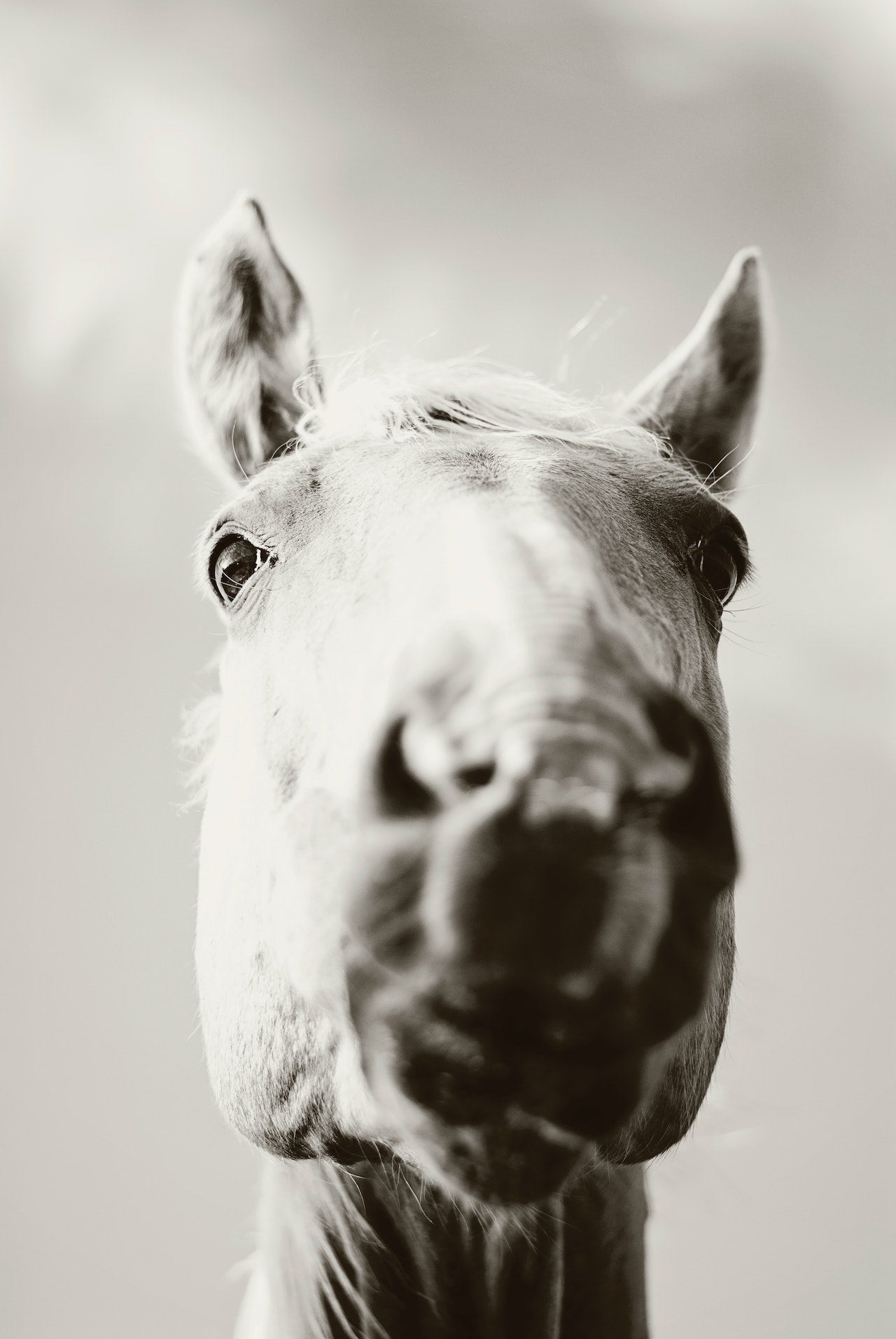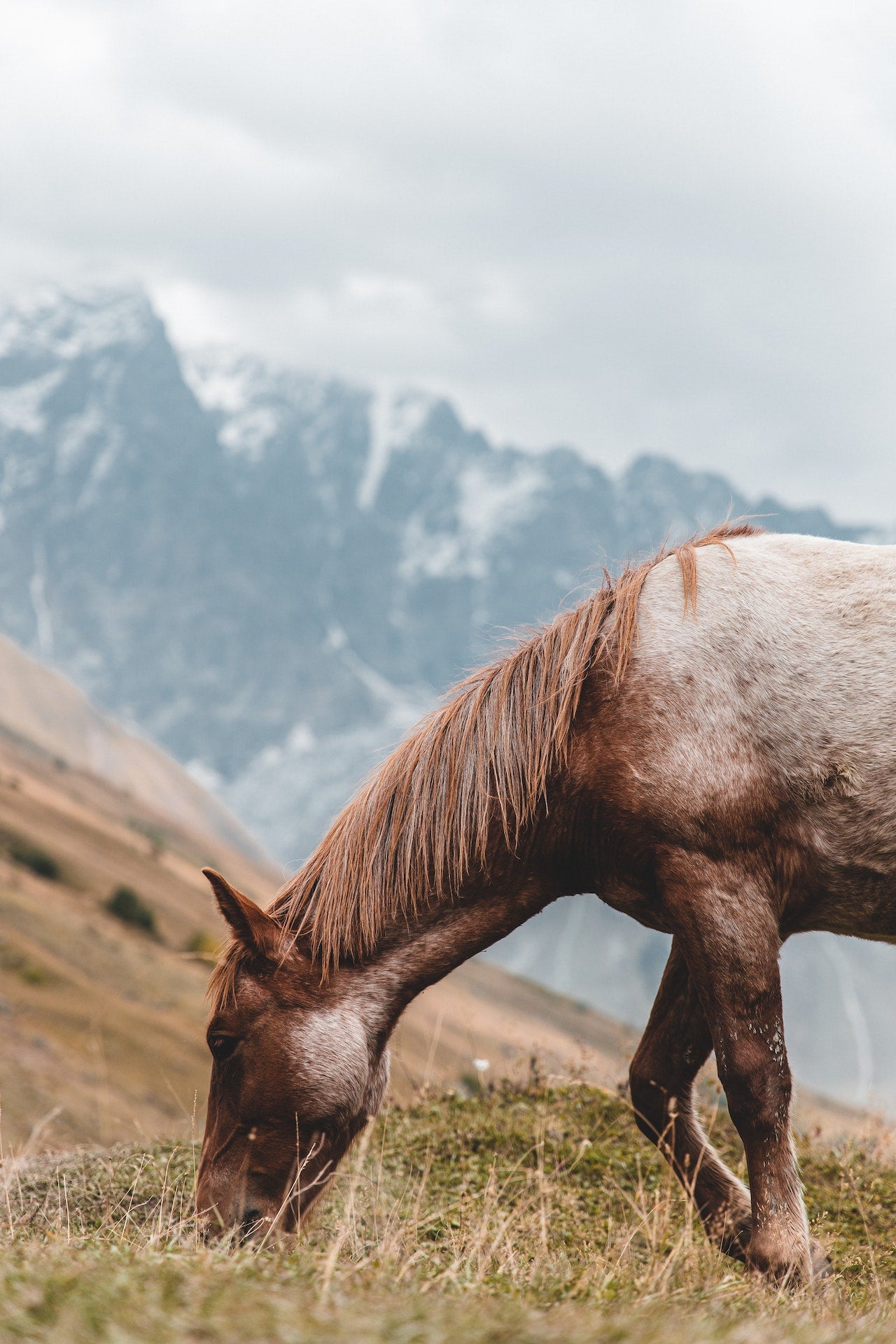
The Nutty Truth: Why Walnuts and Horses Don’t Mix
One of the most important aspects of competent horse care is understanding the complexity of equine nutrition. While we frequently enjoy giving our cherished equine friends a variety of treats, care must be taken when adding new items to their diets. This article on equestrian nutrition delves into the fascinating issue of whether or not horses can eat walnuts without becoming sick. As horse owners, we are continually attempting to find a balance between giving our four-legged friends delightful pleasures and preserving their well-being.
This article aims to clarify the contentious issue of feeding walnuts to horses. We want to equip horse owners with the knowledge required to make knowledgeable decisions regarding the feeding options for their equine companions by analysing the nutritional profile of walnuts, addressing potential hazards and health issues, and looking into expert perspectives. Join us as we disentangle myth from reality and discover the real story behind giving walnuts to horses.
Can Horses Eat Walnuts?
No, horses cannot consume walnuts. Walnuts come in several different varieties, but none are safe for horses to eat. Although walnuts do not directly harm horses, they can nonetheless lead to several stomach disorders and other concerns. The actual risk associated with walnuts is when they are used as bedding for horses since they may be quite harmful to them.

Walnuts
The tree species in the Juglans genus produce the nutrient-rich walnut. Since ancient times, people have grown and consumed these foods, which are native to places like North America, Europe, and Asia. English walnuts or Persian walnuts (Juglans regia), which are distinguished by their size and smooth, light-coloured shell, are the most popular variety of walnuts consumed today.
Walnuts are well known for their high concentration of beneficial fats, mainly polyunsaturated fats like omega-3 and omega-6 fatty acids. These fats have been linked to several advantages, including improving heart health, lowering inflammation, and enhancing brain function. They are crucial for general health.
Walnuts are a rich source of protein, fibre, vitamins, minerals, and lipids. They offer a variety of minerals, including copper, magnesium, phosphorus, vitamin E, and B vitamins. Walnuts are also a good source of flavonoids and ellagic acid, which have been linked to several possible health advantages, including defence against oxidative stress and inflammation.
The Potential Risks of Feeding Walnuts to Horses
Digestive disturbances
Horses' delicate digestive systems have evolved to cope with forage-based diets. When foods like walnuts are introduced that are not naturally a part of their diet, it might result in digestive problems including colic, diarrhoea, or abdominal pain. Walnuts' high fat content might be difficult for horses to digest and may harm their digestive system.
Imbalance Nutrition
Walnuts are heavy in fat, especially omega-6 fatty acids. Due to their unique nutritional needs, horses must consume a balanced diet of lipids, proteins, carbs, vitamins, and minerals. Giving fat-rich walnuts to animals might upset this sensitive nutritional balance and perhaps cause dietary imbalances as a whole.
Excessive Consumption of Omega-6 Fatty Acids
Omega-6 fatty acid consumption in excess can be harmful to a horse's nutrition and general health. Chronic inflammation and other health issues might result from an unbalanced omega-6 to omega-3 fatty acid ratio. Numerous health concerns, including joint pain, metabolic difficulties, immune system dysregulation, and greater vulnerability to specific diseases, have all been linked to chronic inflammation.
Mould and Toxins
Walnuts may contain mould or toxins, particularly if they are not stored correctly. Mycotoxins, which are toxic to horses when consumed, can be produced by mouldy walnuts. These mycotoxins can cause neurological diseases, colic, liver damage, and other health issues. Giving walnuts to horses carries the possible risk of exposure to mould or toxins.
Allergies or Sensitivities
Horses can have dietary allergies or sensitivities just like people do. Even though walnuts are not a frequent allergen for horses, certain horses may have an unfavourable reaction to them that results in allergic reactions or other undesirable effects.
Anecdotal Evidence and Contradictory Opinions
There are conflicting stories and viewpoints among horse owners on feeding walnuts to horses. Some people assert that they have given their horses walnuts without any obvious problems, indicating that walnuts may be incorporated into the diet of equine friends. These testimonials frequently focus on the horses' evident delight in the treatment and the absence of undesirable responses right afterwards.
Anecdotal evidence should, however, be treated with care. Anecdotes are based on personal accounts and might not represent the views of the whole horse population or take into consideration potential long-term impacts. Because horses' tolerance and responses to certain diets might vary greatly, it can be challenging to draw generalisations from personal accounts.
Concerning the safety and acceptability of feeding walnuts to horses, there are contradictory views within the equestrian community as well. Some horse owners could assert that giving tiny amounts of walnuts as occasional treats won't hurt. They think that restraint and vigilant oversight can reduce any possible hazards.
It's important to remember, though, that contradictory opinions and anecdotal evidence are insufficient to replace scientific analysis and professional counsel. Individual horses may have different dietary needs, digestive systems, and allergies. To create a balanced diet for horses, it is essential to follow the advice of equine nutritionists and veterinarians who have in-depth knowledge and expertise in this area.
Alternatives to Walnuts
Carrots
Horses like the tasty and healthy pleasure of carrots. They include vitamins and minerals including beta-carotene, which promotes eye health, are low in sugar, high in fibre, and present.
Apples
Cut into slices or small bits, fresh apples are a delightful and healthy treat for horses. They have antioxidants, vitamins, and minerals that improve general health.
Peppermint or Spearmint
Horses frequently savour the cooling taste of mint, whether it's peppermint or spearmint. You may give them sugar-free peppermint or spearmint chocolates or horse-specific mint-flavoured goodies.
Sugar-free Oat or Grain-based Treats
Look for oat- or grain-based horse treats that are sold commercially. Choose sugar-free options to prevent consuming too much sugar, which can cause weight gain and metabolic problems.
Celery
Celery is a tasty low-calorie snack that also has fibre and water. The crisp texture is often preferred by horses, and it may be fed in manageable, tiny bits.
Hay Cubes or Pellets
Made from compressed fodder, hay cubes or pellets can be a nutritious treat alternative. They give more fibre to the horse's diet and are simple to handle.
Beet Pulp
Beet pulp is a rich source of fibre and can be a pleasant and secure treat for horses when it has been soaked.
Final Words
For their general health and well-being, horses must be fed a suitable, balanced diet. Even though humans may appreciate walnuts, it is not advisable to give them to horses as a reward because of the possible dangers. Although there is conflicting information and anecdotal evidence, it is crucial to depend on scientific studies and the advice of horse nutritionists and veterinarians.



